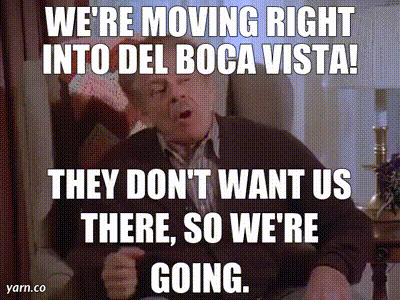Here is the latest from today. "The number of people applying for mortgages to purchase a home fell 3% for the week ending April 6, compared to a week earlier, and dropped 9% from a year ago, according to the Mortgage Bankers Association."...I doubt it will implode. Supply is still very tight. Builders are still being cautious. We don't have the sub prime variable rate scenario we had in 2007/2008. I bought a house that I'm living in 2000. Paid well north of 6%, refinanced down to 5.35%. It's just a reversion to mean after a decaded of ultra low rates. Is it going to flush a bunch of first time buyer out of the market?? Yep. In the end there will be a better balance between buyers and sellers.
"The average rate for a 30-year fixed-rate mortgage was 4.72% for the week ending April 7, according to Freddie Mac. That’s up five basis points from mortgage rates the prior week and 1.5% from the start of the year—representing the sharpest three-month jump since May 1994. Likewise, the 15-year, fixed-rate mortgage this week averaged 3.91%, up 8 basis points from the prior week and 1.48% from the first week in January." https://www.forbes.com/advisor/mortgages/mortgage-rates-april-7/
Demand is starting to erode. If rates reach 6% and I think they will, then I think we are looking at a substantial reversal.
Whenever there is a strong down turn, something negative comes out of the middle of nowhere -- that may be rising food prices and shortages. I saw something to the effect that Russia, Ukraine and Belarus supply about 50% of the world's raw materials for fertilizer. If food prices sky rocket, that could be the financial tipping point where both the psychology and economic impact of higher prices combine to precipitate substantially bad economic outcomes.

